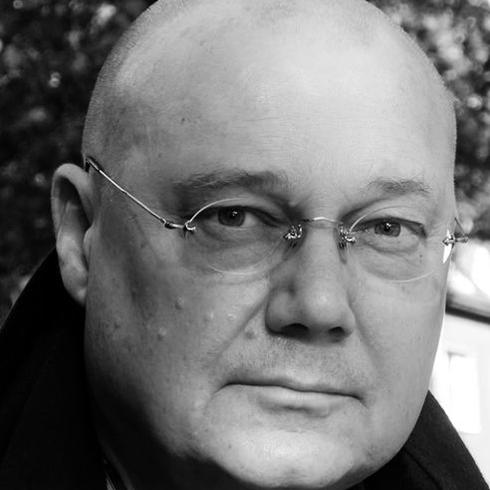
" Les dentelles de Montmirail "
For 2 sopranos, choir and ensemble
Bärenreiter Verlag
SÉLECTION 2018
- Nominated for : The Young Audience Prize 2019
- Nominated for : The Musical Composition Prize 2018
“By all appearances, I am at once in my soul as well as out of my soul, far from the pane of glass and on the brink, the broken windscreen. My desire is unending. I am obsessed with life alone.” The lyrics of René Char (1907-1988), embedded in the history of music, present above all through the works of Pierre Boulez, are also an overall important source of inspiration for composer Manfred Trojahn (* 1949), a true companion of his aesthetic thinking. Trojahn is currently working on the project Quitter for an ensemble of singers, vocalists, and instruments, based on the eight-part Char poem cycle of the same name, published in 1962. Les dentelles de Montmirail, a diverse mountain landscape in the south of France, is the name of the sixth and the longest as well as the most well-known poem.
Trojahn has now added sound to it as his fifth (partial) work: “I think that, here, Char has captured thought as it might come about in someone who, without a goal for their thought in a certain situation of motion, is always processing new impressions, and who, without planning the form, notes the range of their thoughts as a journal might.” Trojahn captures the awareness of the described impressions, findings, and moments on the various distinct, brief islands of sound, which are condensed into a narrow archipelago. The 24 vocal soloists, spread out in groups within the public – “audible mountain peaks” – sing the assigned words primarily homophonically as a chorus, often tending toward a mass of sound. The synchronous instrumental part is oriented in opposite fashion in contrast to this. Naturally not always; that would be too monotonous, would not satisfy the inner richness and the heterogeneity of the poem nor the ars combinatoria of the composer.
Stefan Fricke

